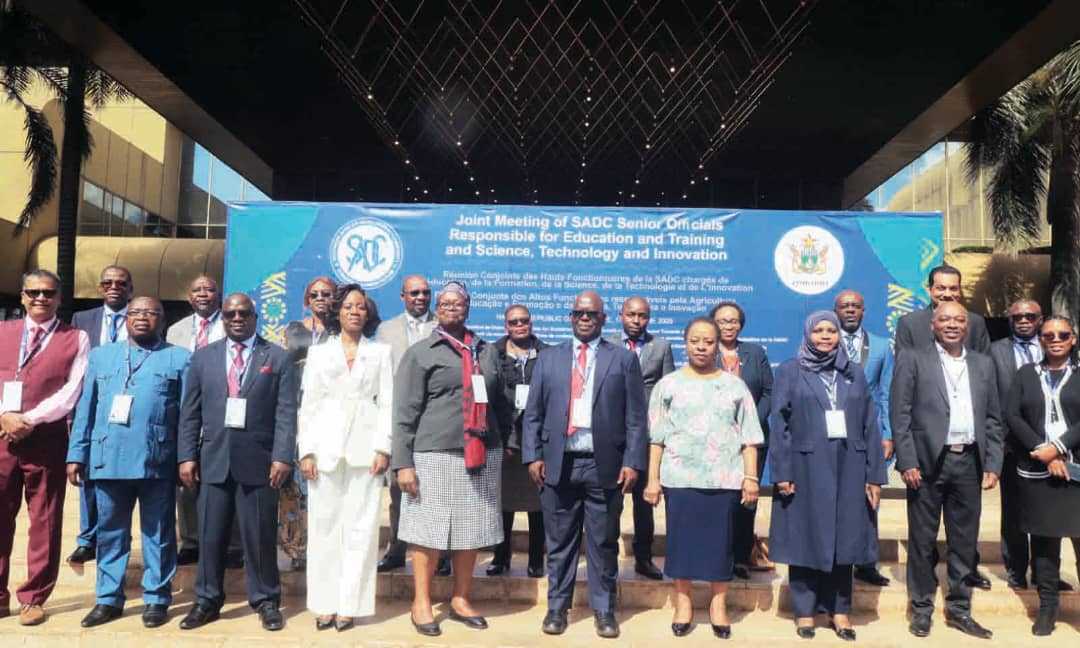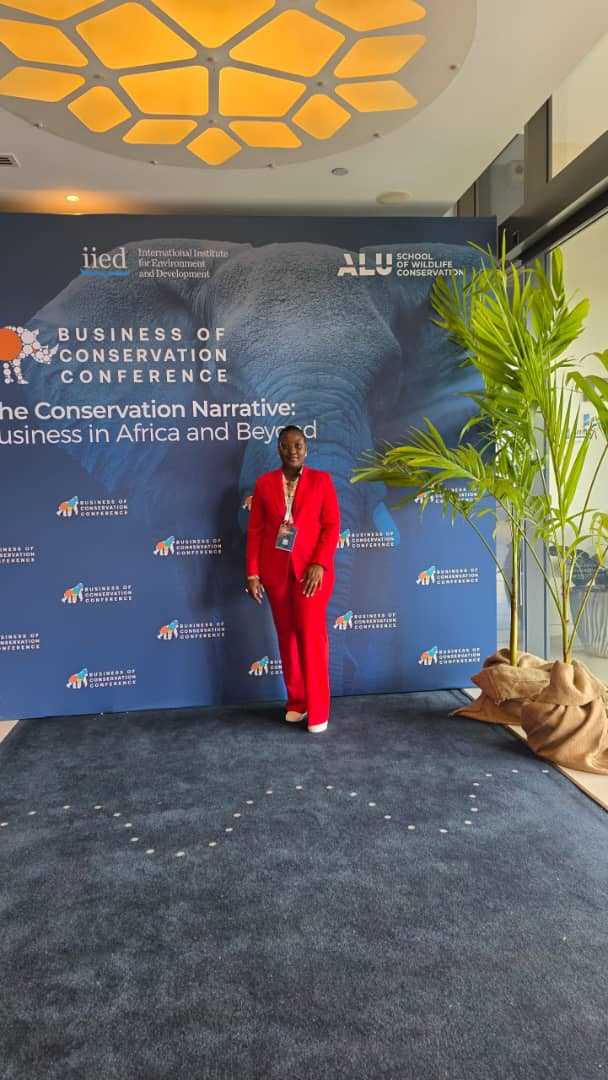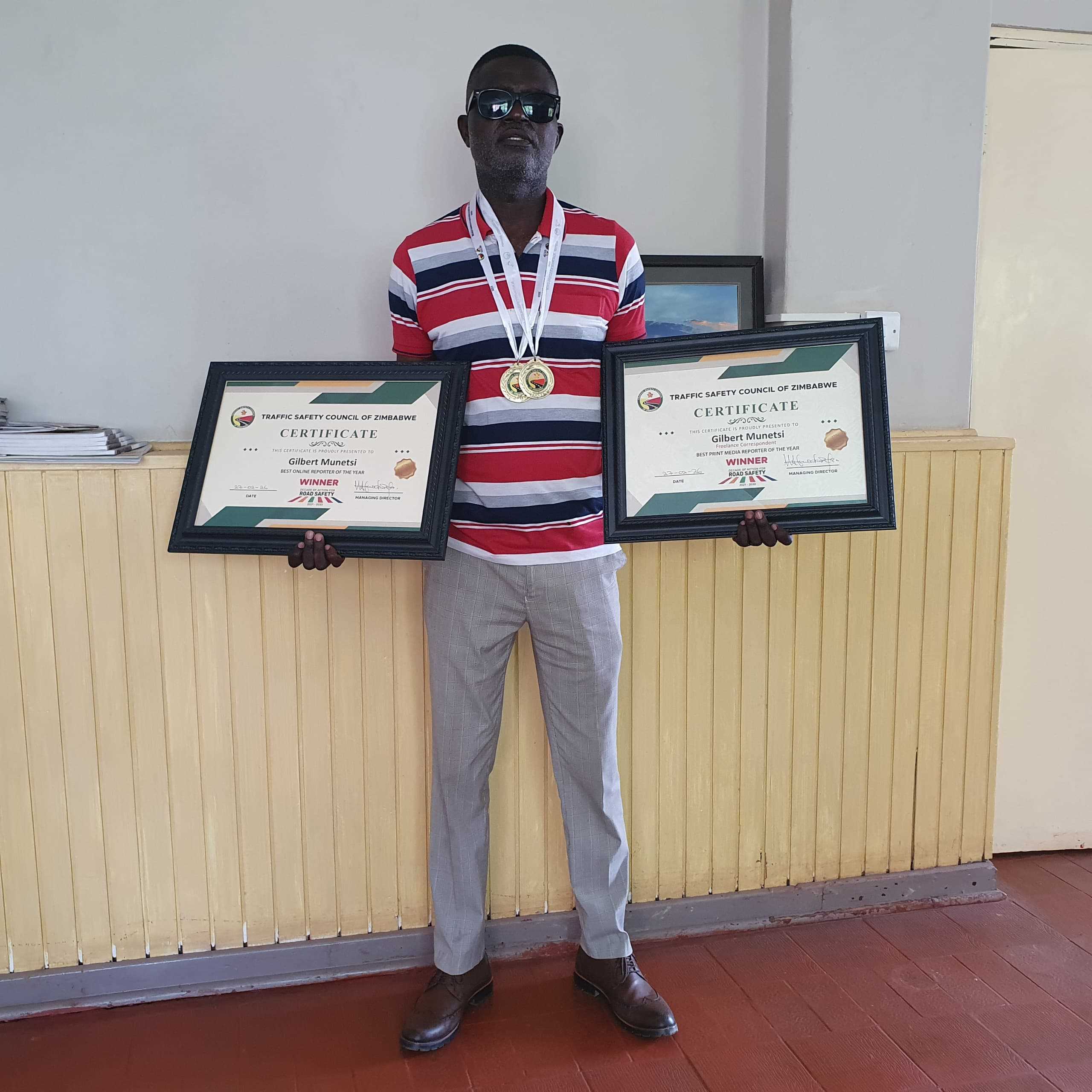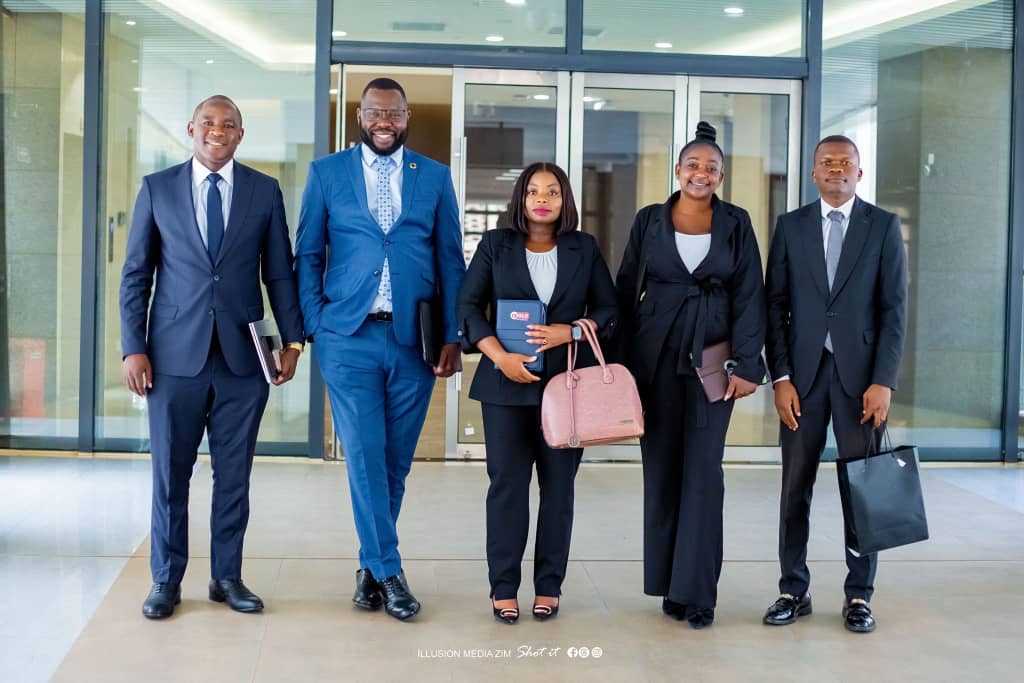
Rutendo Mazhindu- Zim Now Reporter
The Permanent Secretary for Higher and Tertiary Education, Innovation, Science and Technology Development, Professor Fanuel Tagwira, has called on Southern African Development Community member states to increase investment in education, science, technology, and innovation to accelerate regional industrialisation and economic growth.
Speaking at the SADC Joint Meeting of Ministers Responsible for Education and Training, Science, Technology and Innovation, Prof Tagwira said regional integration and strategic collaboration are essential to positioning Southern Africa as a globally competitive, industrialised bloc.
“We need to invest in education and innovation — that is, increase funding towards education, science, technology, and innovation to drive economic growth and development,” he said.
Held under the theme “Promoting Innovation to Unlock Opportunities for Sustained Economic Growth and Development Towards an Industrialised SADC,” the meeting brought together policymakers from across the region to align education and innovation with industrial policy goals.
Related Stories
Prof Tagwira urged member states to adopt the revised Technical and Vocational Education and Training Strategic Framework 2024–2030 and to endorse key harmonisation tools, including the SADC Qualifications Framework, the Credit Accumulation and Transfer System, and the Recognition of Prior Learning Guidelines.
“It is important to share best practices among member states, strengthen collaboration, and align skills development with labour market demands,” he added.
He also encouraged countries to embrace the SADC Universe of Transformation model, describing it as a beacon of Pan-African innovation and academic excellence.
“Let us champion the SADC Universe of Transformation as a beacon of Pan-African excellence,” said Prof Tagwira. “As senior officials, we are the architects of policy implementation. The time for action is now.”
He acknowledged the contributions of international partners supporting education, science, and technology in the region.
“We are grateful to our partners whose contributions to education, training, science, and technology in our countries are worth mentioning,” he said.


















Leave Comments